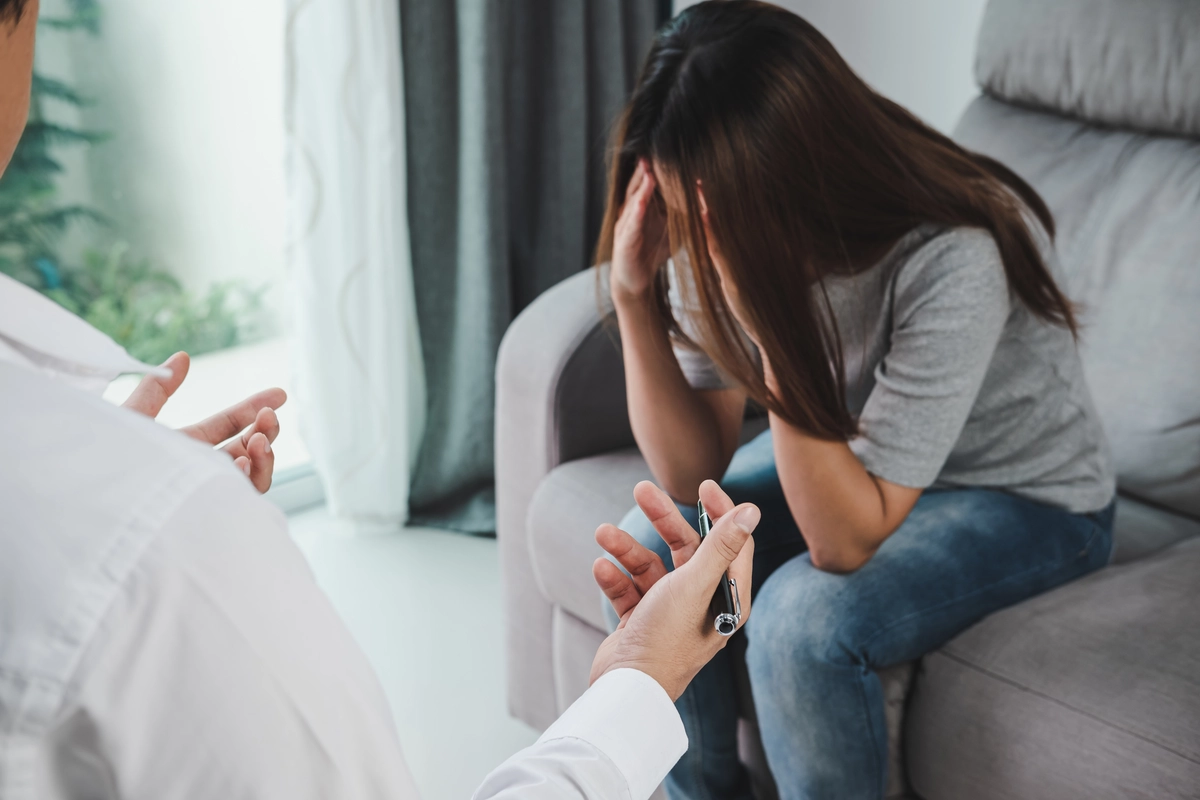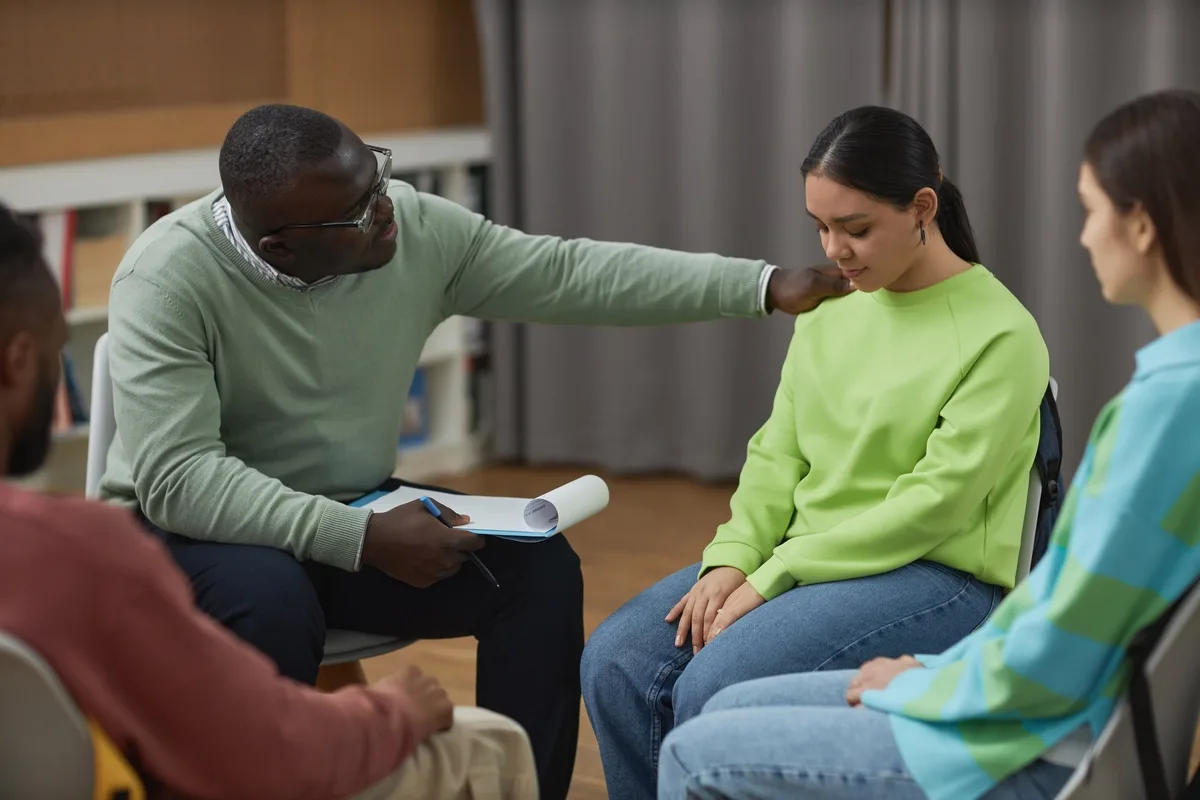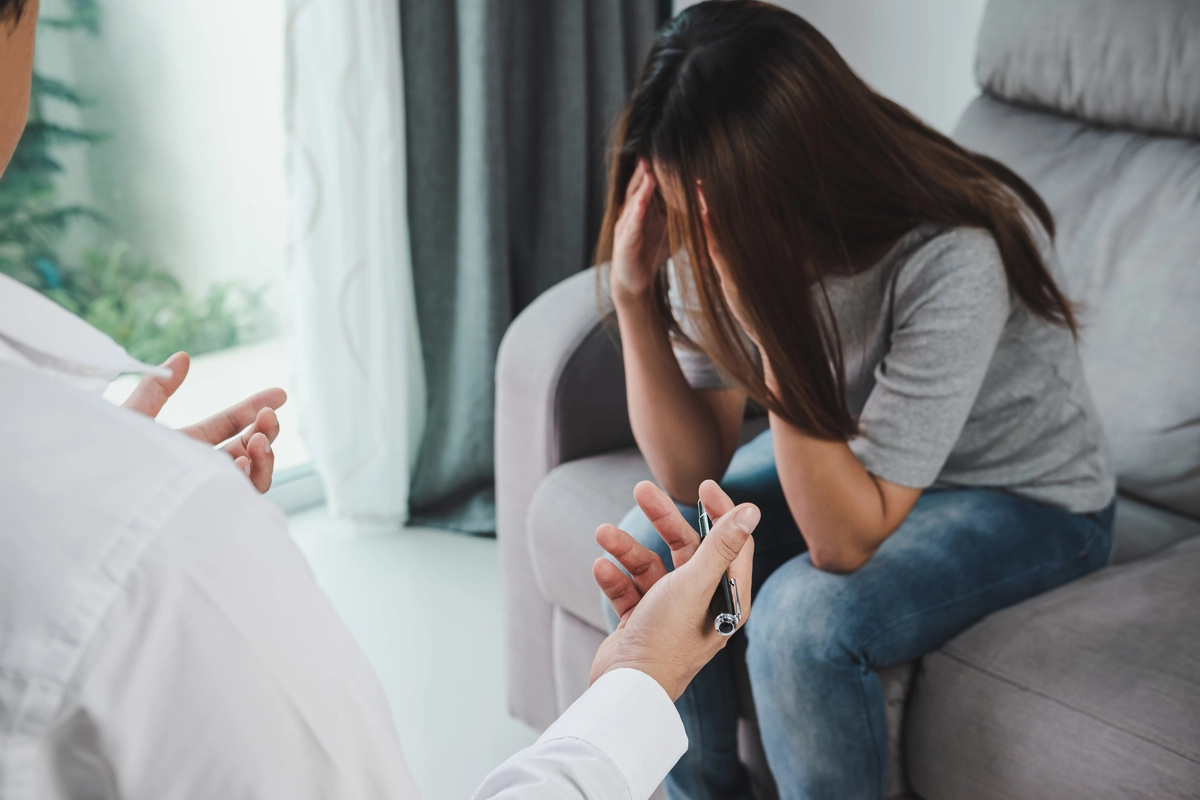24/7 Helpline:
(866) 899-111424/7 Helpline:
(866) 899-1114
Learn more about Bipolar Disorder Treatment centers in Oakford
Bipolar Disorder Treatment in Other Cities


The Gilead House
The Gilead House is a Non-Profit rehab center located in Indianapolis, IN. The Gilead House speciali...

Four County Counseling Center
4C Health Solutions is a dual diagnosis behavioral health treatment center located in Kokomo, IN. Wi...

First City Recovery Center
Freedom is within reach at First City Recovery Center. Based out of Kokomo, Indiana, FCRC offers a f...

Community Howard Behavioral Health Services
Community Howard Behavioral Health Services offers the complete realm of behavioral care to treat th...






























AA – Alcoholics Anonymous
AA – Alcoholics Anonymous is a private rehab located in Kokomo, Indiana. AA – Alcoholics Anonymous s...
















Other Insurance Options

American Behavioral

Evernorth

Magellan

Carleon

WellPoint

Covered California

EmblemHealth

Amerigroup

Regence

Multiplan

MHNNet Behavioral Health

Optum

Holman Group

Molina Healthcare

Group Health Incorporated

Self-pay options

Private insurance

PHCS Network

State Farm

Optima